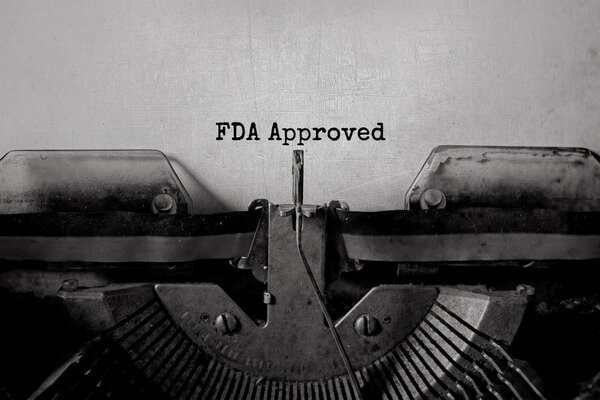



Get new exclusive access to healthcare business reports & breaking news




As AI permeates every industry, it’s no surprise that healthcare is up next.
The FDA made its official entrance into the world of artificial intelligence (AI) at AcademyHealth’s 2018 Health Datapalooza. Commissioner Scott Gottlieb, MD, announced plans for an improved approach to the AI review process, leveraging the power of machine learning, to keep pace with technological advancements and to support continued innovation in healthcare.
Gottlieb cited that these improved processes, including continuation of the Pre-Cert 1.0 pilot program, could have exponential impact and applications. For starters, organizations with precertification could make small adjustments to their tech without FDA intervention, allowing companies to make improvements as necessary while avoiding costly interruption.
It’s important to note that although Dr. Gottlieb’s comments at Datapalooza err on the side of optimism for the future of AI in healthcare — citing flexibility to keep up with “unique attributes of this rapidly advancing field” — the FDA exists first and foremost to protect patients, and no amount of technological innovation will interfere with that mission.
What does this mean for you?
The FDA’s initiatives to keep up with technological innovation will have a ripple effect on progress throughout the industry. With more efficient regulatory processes in place, innovators will have more incentive to do just that — innovate.
If the FDA follows through, we can expect to see:
So, what does the future look like for the FDA?
Gottlieb expects to see an increase in AI-powered tools submitted for FDA approval across a spectrum of health fields, and even suspects that there may be tools already implemented in other industries, like finance, that could be applied in healthcare.
It looks like healthcare — and government — are finally catching on.